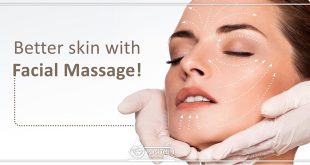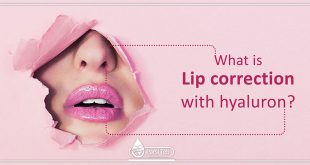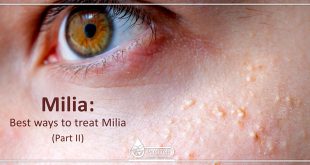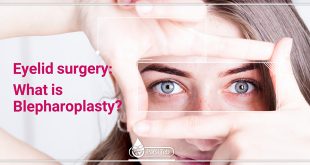Genioplasty is a type of beauty surgery on the chin. Plastic surgeons and maxillofacial surgeons can do this type of surgery.

Genioplasty is a cosmetic surgery and because it is performed for facial deformity and for beauty.
It is often not covered by insurance. Unless there is a medical reason.
Types of genioplasty
Sliding genioplasty

In a sliding genioplasty, the surgeon removes the chin bone from the rest of the jaw and moves it to correct the chin recession or extension.
This is also called bone genioplasty.
This type of genioplasty is recommended for people who have severe retrogenia or whose chin is far behind the rest of their face.
It can also help correct the chin that is too far forward.
Chin implants

The chin implant can be used to reshape, enlarge, or pull the chin. This procedure can be done by surgery or injection.
This involves implanting a plastic material into the chin and attaching it to the bone.
The non-surgical method of chin implant is using injectable gels or body fat.
Postoperative care

- After surgery, your surgeon will usually tell you to take two days of antibiotics. Oral sutures are absorbable so do not need to be pulled.
- When you feel ready to eat, you should start with a liquid or soft diet.
- After each meal, you should rinse your mouth with water or disinfectant.
- After three to five days, you can remove the dressing and return to your daily routine.
- Do not exercise for the first 3 days after surgery.
- After surgery, you must notice swelling, redness or bruising that should go away after a few days.
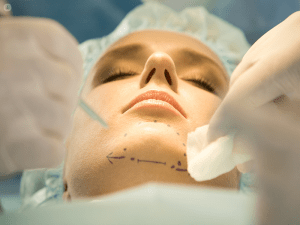
You should see your doctor immediately if you see:
- Fever of 38 centigrade degrees or more
- Bruising, redness or swelling that did not disappear after a week
- The bad smell of cutting site
- Yellow or green discharge
- Bleeding
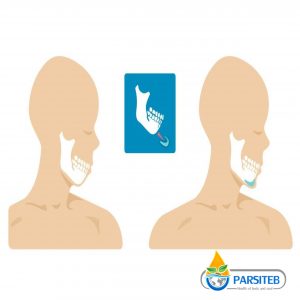
Complications of genioplasty
- Infection
- Allergic reactions to prosthesis
- Retractable prosthesis
- Damage to the nerves of the mouth and lip anesthesia
Reference: Healthline
 Parsi Teb Physical and Mental Health Journal
Parsi Teb Physical and Mental Health Journal 
